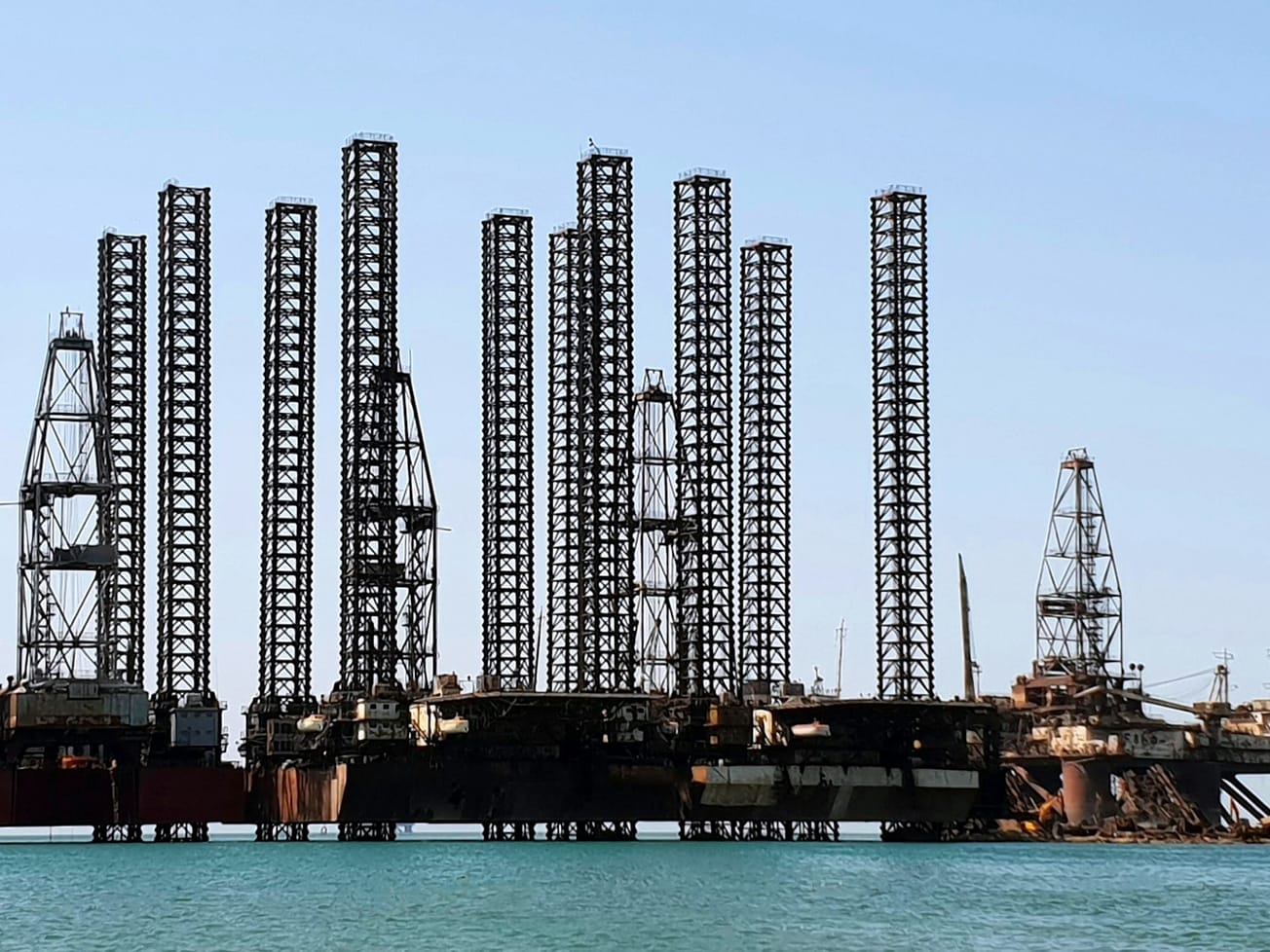Azerbaijan's organizing committee for the U.N. climate summit in 2024 is expanding by almost 50% in size with the addition of 12 women.
Capitulating to critics, the oil-rich country's President Ilham Aliyev on Friday ordered changes to the makeup of the formerly all-male committee. Aliyev appointed another man and 12 women to the committee – bringing it to 41 members; 29% are female.







